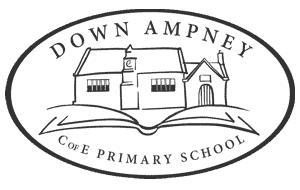
Even the youngest pupils talk with confidence of the three Bible stories which exemplify the vision of achieving, believing and caring.
Siams, Jan 2020
EYFS Literacy
Intent
Our children will have a lifelong love of reading. Children will enjoy spending time reading and discuss the content and their own ideas around a text. They will be confident in reading decodable books and seek pleasure from sharing library books with adults and hearing adults read to them. They will write simple sentences that can be read by others and demonstrate their secure phonics knowledge. The children will show independence by seeking resources, e.g. word/sound mats to help them develop writing independently. They identify purposes for writing, e.g. cards, stories or shopping lists. Our children know that their writing is highly valued and can always be improved by reflecting on the process.
Implementation
The importance of reading and writing is activity promoted through a literature rich environment including; stories, songs, poems, mark making and writing in a variety of different contexts and for different purposes using a wide range of media. Children are exposed to reading and writing through all areas of provision, discreetly or directly, including active mark making and writing. This is endorsed in both outdoor and indoor provision. Adults are skilled at encouraging literacy opportunities through children’s play and add challenges for children’s next steps. Where support is required, there are appropriate strategies to instil a love of books. Pupils are taught Phonics on a daily basis through the Sounds-Write systematic synthetic phonics programme. Every child will take home two books, one phonics book matched to their level and a self-selected library book. Our aim is to hear every Reception child read daily and phonics readers are heard read in school three times before being sent home for consolidation. Through our focus topics, children are exposed to new and exciting texts that are filled with rich language.
Impact
Our children make excellent progress from their reading and writing starting points. They can read a variety of print including signs, captions, sentences and texts. Pupils have a love of stories, books and reading, and have developed a sense of wonder of the world of books. They are keen to share their reading with adults and understand that this is the key to accessing the wider curriculum. Our children understand writing is a form of communication and can write phonetically plausible sentences that they and others can read. Children go on to pass their phonics screening check in Year 1 above national averages.

